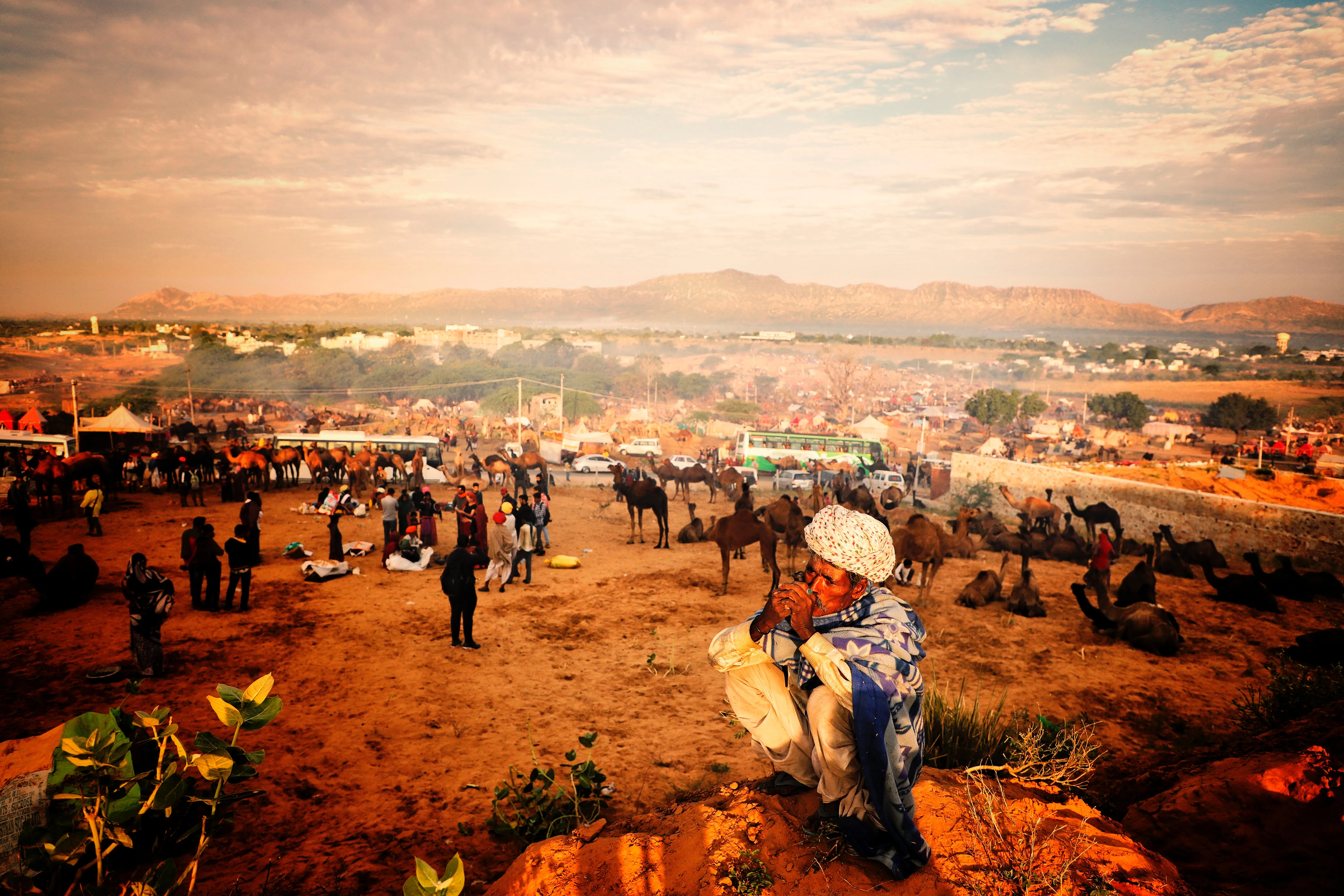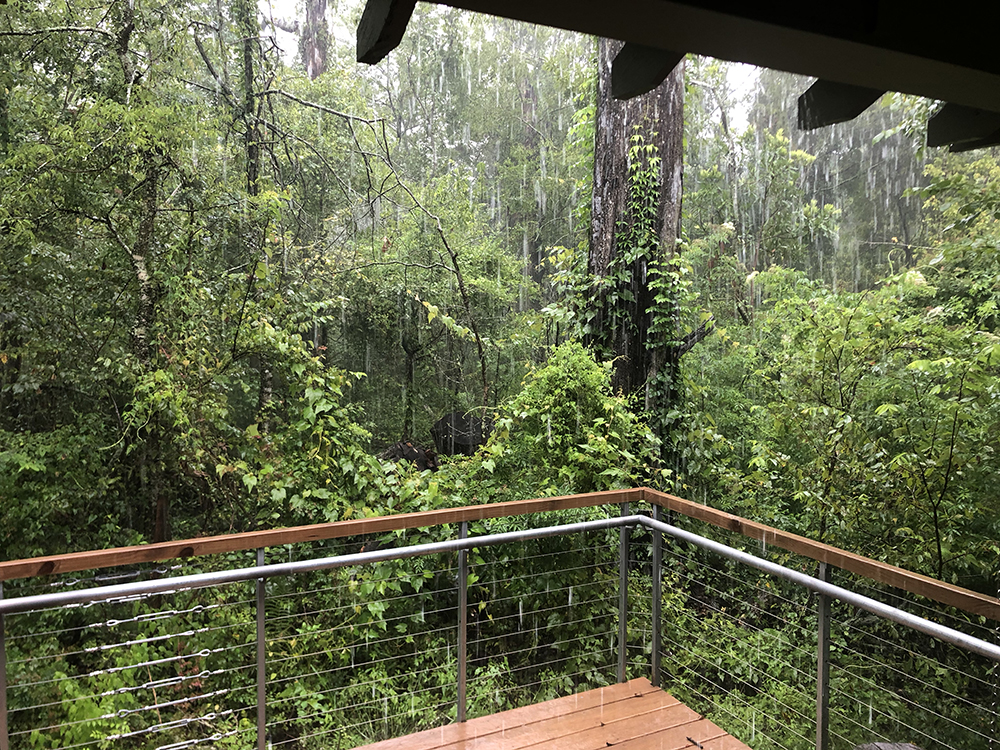
Isolated in Uptown New Orleans this summer, I found injunctions to distance, stay at home, and flatten curves dizzying but oddly familiar. A cultural anthropologist of India, I have been exposed to similar ideas in the rural tuberculosis-affected community I research. Tuberculosis, like Covid-19, is an airborne pulmonary disease. It infects without prejudice but usually sickens and kills the marginalized. Also like Covid-19, tuberculosis radically reshapes people’s lives.
Deva, a middle-aged farmer and woodcutter from southeastern Rajasthan, is an example. I visited him frequently during his two-year drug resistant tuberculosis treatment. Because the treatment left him nauseous and drowsy, we often sat together on a cot in front of his home atop a foothill of the Aravalli mountains. Surveying the forest below, Deva recounted: “You know, I’m on government duty sitting here staring at the forest.”
In India, “on government duty” is ubiquitous and often painted on bureaucrat’s cars and plastered to trucks going about some public task. Still, a farmer understanding stopping work and other duties to get well as a public project or ‘government duty’ was striking and useful. Just as Deva’s doctors told him, we were given directions to ‘stay at home’ and isolate ourselves and families as our public duty in response to Covid-19. However, from my backyard and during a week-long writing retreat at A Studio in the Woods, I realized that our collective unease associated with this public duty reveals the importance of social relationships.
Anthropologists have long suggested that we study families to understand how people make sense of their lives and identities. They call these relationships kinship and imagine them as trees, family trees. This focus on the trees, however, misses what was staring Deva and I in the face: a forest of other loose but meaningful human connections like friends, co-workers, a crush, or a child’s caregiver that were no longer possible in moments of staying-at-home. As I struggled to write my new book (of which Deva’s story is part) at A Studio in the Woods, I looked past my laptop and out one of the cozy Writer’s Cabin windows. There, while gazing at another forest—its elderberries in bloom and trumpet vines stretched between an oak and a young cottonwood—it became clear that we anthropologists would do well to attend to the bushy, spreading, and flexible forms of relationships that grow between, across, and on top of family trees. They too are crucial relationships that make life complex, vibrant, and contagious. Similarly, they are connections through which care can move. With Deva, Covid-19, and A Studio in the Woods’ help, I began to imagine new ways to see and write about these uncultivated and entangled ways of being together that make life meaningful and abundant.

For the 2020-2021 academic year, the School of Liberal Arts is working collaboratively with A Studio in the Woods to offer four liberal arts faculty fellowships for one-week residencies at the Studio. These competitive faculty residencies are aimed at providing creative respite during a period when it is harder than ever to find spaces outside the home to do concentrated work. More information is available on the Studio in the Woods Faculty Fellowship page.
Andrew McDowell is an assistant professor in the Department of Anthropology. A cultural and medical anthropologist, he researches social worlds of tuberculosis and care in India. Andrew’s research aims to understand how illness, environment, expert knowledge, and neighborly relationships change in contexts of development and technological innovation. McDowell teaches courses on cultural anthropology, medical anthropology, South Asia, and expertise.

